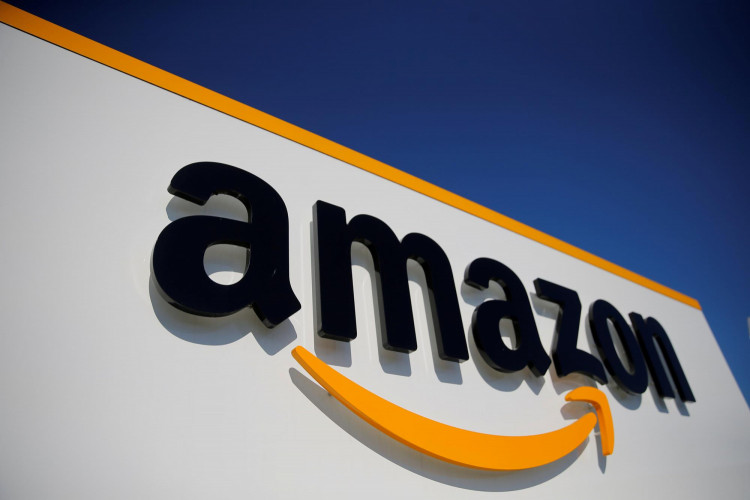Amazon Inc has disclosed that it would shell out $10 billion for its planned space-based internet connection platform after being granted permission by U.S. regulators to deploy over 3,000 low-orbit satellites.
The American tech behemoth on Thursday stated it is pushing forward with its Project Kuiper, one of multiple systems being proposed to deliver the internet to consumers without land-based connections.
The undertaking, which was approved by the Federal Communications Commission, will put Amazon in competition with the United Kingdom's OneWeb, which is planning to deploy a 648-strong network of internet satellites.
If realized, Kuiper would also compete with Starlink, a similar yet potentially much bigger contingent of 12,000 to 42,000 satellites - several times the volume of spacecraft that humankind has ever sent to space - being created by SpaceX, the aerospace group founded by Elon Musk.
Amazon's FCC green light for Project Kuiper requires the retail group to launch the first half of its satellites around the middle of 2026, and the rest of them by the middle of 2029. The program will also benefit wireless companies developing 5G and other wireless technologies to new locations, Amazon said.
In a later announcement by Amazon, the group vowed to invest more than $10 billion in its effort to provide reliable, cost-efficient broadband service to "unserved and underserved communities around the world."
Amazon's investment amount, incidentally, is precisely what SpaceX chief operating officer Gwynne Shotwell estimated in May 2018 as the money they would need to complete Starlink.
While extremely very expensive to deploy, satellite systems can provide very fast internet speed for people residing in rural or hard-to-serve areas where cell towers and fiber optic cables do not reach. The technology could also be a crucial backstop when typhoons or other natural disasters disrupt communication.
Amazon has committed to starting to offer a broadband service as soon as it has deployed 578 satellites. The group is currently hiring at least 110 employees for the satellite program. The satellites will be designed and tested at Amazon's new research and development facility in Redmond, Washington.
SpaceX has already deployed over 500 satellites of the approximately 12,000 expected for its Starlink fleet in low Earth orbit and looks to offer broadband service in the U.S. and Canada by end of 2020.
The FCC approved SpaceX's request in 2018, while Amazon asked for the FCC's authorization last year, engaging the group in a heated competition with similar providers.





